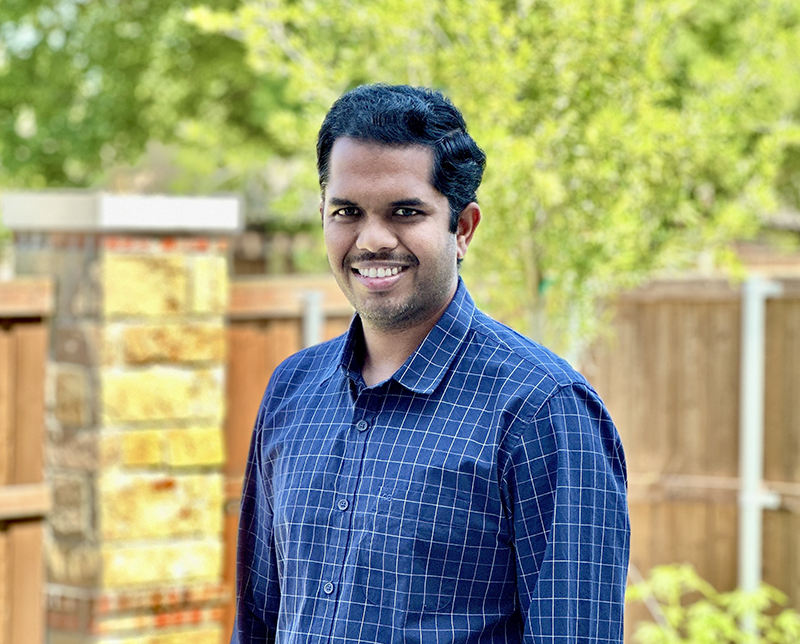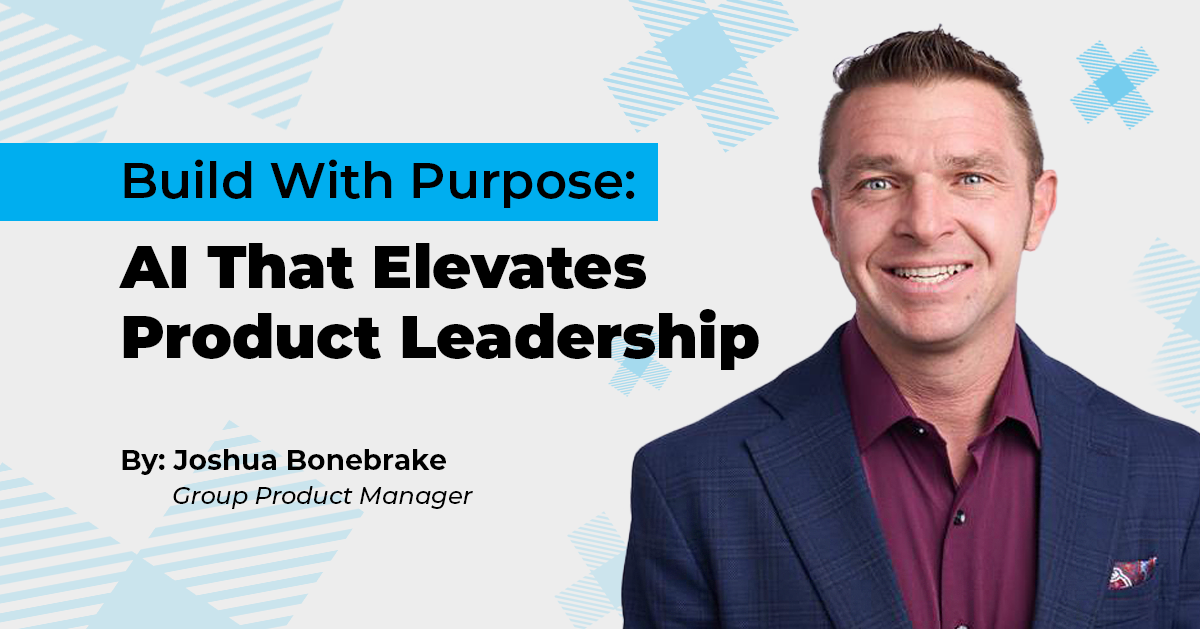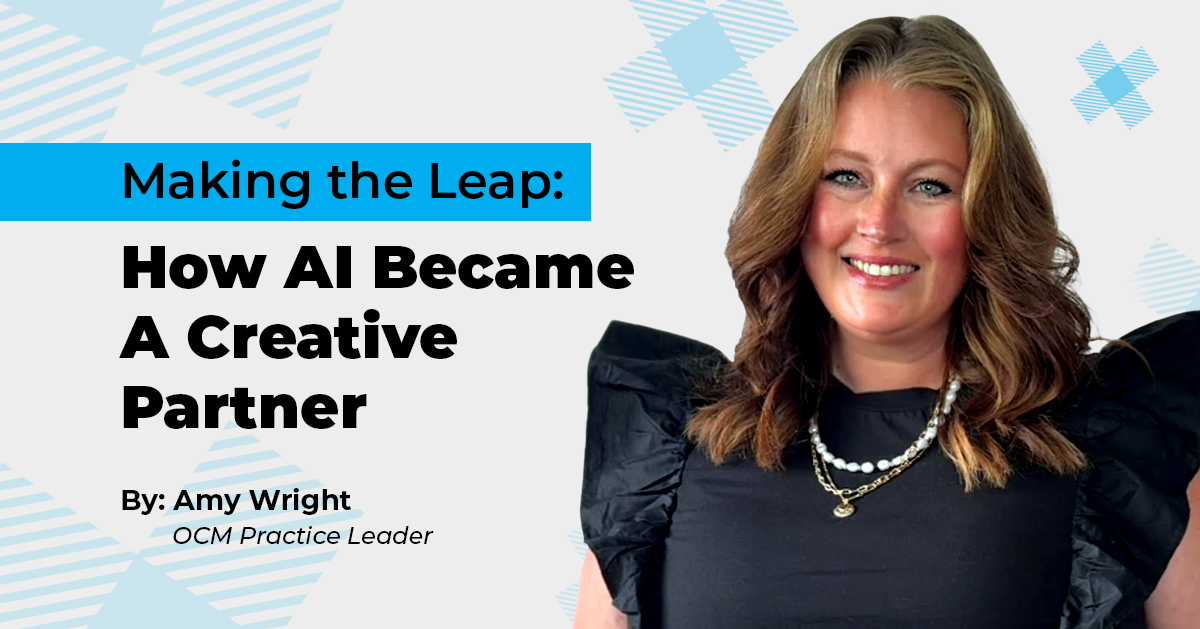
I remember the first time that I asked an AI tool to explain a concept which I’d been stuck on for hours. In seconds, I had a clear, concise answer, and I was hooked. Before that, I’d spend hours bouncing between documentation, forums, and blog posts, trying to piece things together. It worked, but it was a slow process. AI changed all of that. Suddenly, I could ask one question and get a solid, easy-to-understand response in seconds. It helped make learning and research feel faster and more focused.
Over time, I began to explore how AI could help with my coding work. I started to ask for sample code and best practices. I was surprised at the quality of the responses. The code examples were often pretty solid, and they even included important things like error handling, which can often easily be missed. AI started saving me time during development and testing.
These days, whenever I’m diving into a new tool or framework, I usually start by asking AI. It gives me a quick head start and helps me zero in on what matters. It’s become a kind of coding companion who is always there to bounce ideas off or help me get unstuck.
The real magic happens when you start thinking beyond just personal productivity. AI helps teams work smarter too. Writing documentation, turning requirements into actionable tasks, and drafting acceptance criteria. These are all things AI can help streamline. Even during code reviews, AI can flag issues, suggest improvements, or check for consistency with coding standards. Tools that integrate into your development environment have made these kinds of tasks faster and more efficient.
That said, I never rely on AI without double-checking its output. When I was learning .NET Core, I noticed that some of the information from AI was outdated or not 100% correct. That experience reminded me that it’s important to verify everything. Even when AI gives you working code, you still need to test it across different scenarios to make sure it really holds up.
Human judgment and testing are essential at every phase of the process.
One piece of advice to anyone beginning to explore AI; Use it as a positive tool, but do not rely on it blindly. Always review and verify the output yourself. Be mindful of the information you share. Avoid entering sensitive information or confidential project details. As AI evolves, the way data is used may also change, so it is wise to stay cautious and informed from the start.
AI is powerful. It can speed up your workflow, help you learn faster, and take care of repetitive tasks. But at the end of the day, it’s still just a tool. The best results come when we stay in control and use it wisely.
Ready to Explore What AI Could Do for You?
At The Canton Group, we’re not just talking about AI, we’re putting it into practice across government, enterprise, and public sector projects. Whether you’re curious about where to begin, need help identifying use cases, or want to scale your current efforts, we’re here to help.
Let’s talk about how we can bring AI-powered innovation to your organization.






